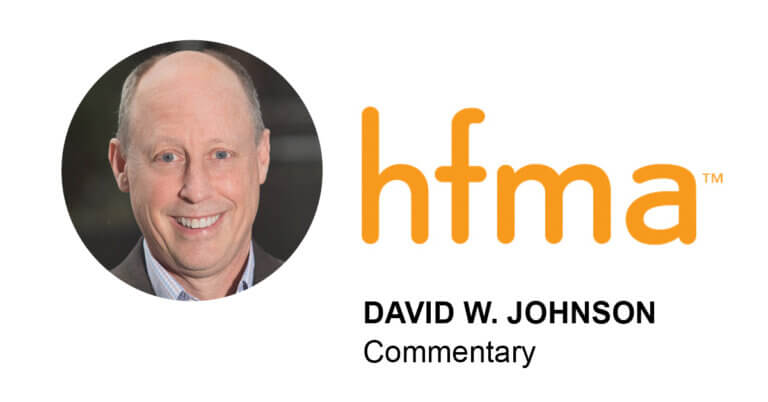April 9, 2025

Pay as You Portal
Time is money. Even in healthcare. Which shouldn’t be a surprise because healthcare is no different from other industries in terms of how businesses within an industry respond to economic incentives.
More proof of that dictum appears in a short research letter published last week in JAMA Health Forum. Seven researchers, most of whom are affiliated with the University of Michigan, wanted to know to what extent doctors and other healthcare professionals charge patients for answering their medical questions through their patient portals.
That potential financial rift in the doctor-patient relationship rose in the national consciousness in 2023 after the New York Times published a feature on an increasing number of hospitals and doctors charging fees for emailing back and forth with their patients.
Even I wrote about it in this monthly column, “When Healthcare Sends the Wrong Message.” My beef was with the condescending tone of the replies I was getting from one of my medical specialists.
Enough scene setting. To answer their question, the Michigan researchers surveyed more than 3,200 U.S. adults age 50 or older. The researchers asked them three questions: Did they have a portal? If they had a portal, did they message their doctor or other healthcare professional through their portal? And if they messaged their provider, did their provider charge them a fee for messaging?
The answers, in short order, were:
- 76.2%
- 64.7%
- 13.1%
The first two percentages aren’t a surprise. They are in line with other surveys, research and studies. The third percentage is new information. More than 1-in-8 patients got a bill after they sent a message and got a reply from their healthcare provider. If you had private health insurance through a commercial health plan, it was 1-in-6 patients, or 16.6%.
Now, the study didn’t get into how long the messages were, how medically detailed, urgent or important the messages were, how much providers charged for their messages or how fast providers responded to messages. Maybe a clever revenue cycle specialist will come up with an Amazon-like sliding fee schedule for messages. Pay $4.99 extra to get a same-day answer to your urgent medical question!
Regardless, that 13.1% is hanging out there for all of the provider world to see. If you’re not among the 13.1%, are you going to start charging for messages? If you are part of the 13.1%, are you ashamed that 86.9% of your peers aren’t charging patients, and you’ll stop squeezing your customers for information you give away for free in person?
I don’t know what’s going to happen. But once again, it’s clear that providers see a transaction at the end of a patient encounter, not a customer. That’s the real problem.
Thanks for reading.





